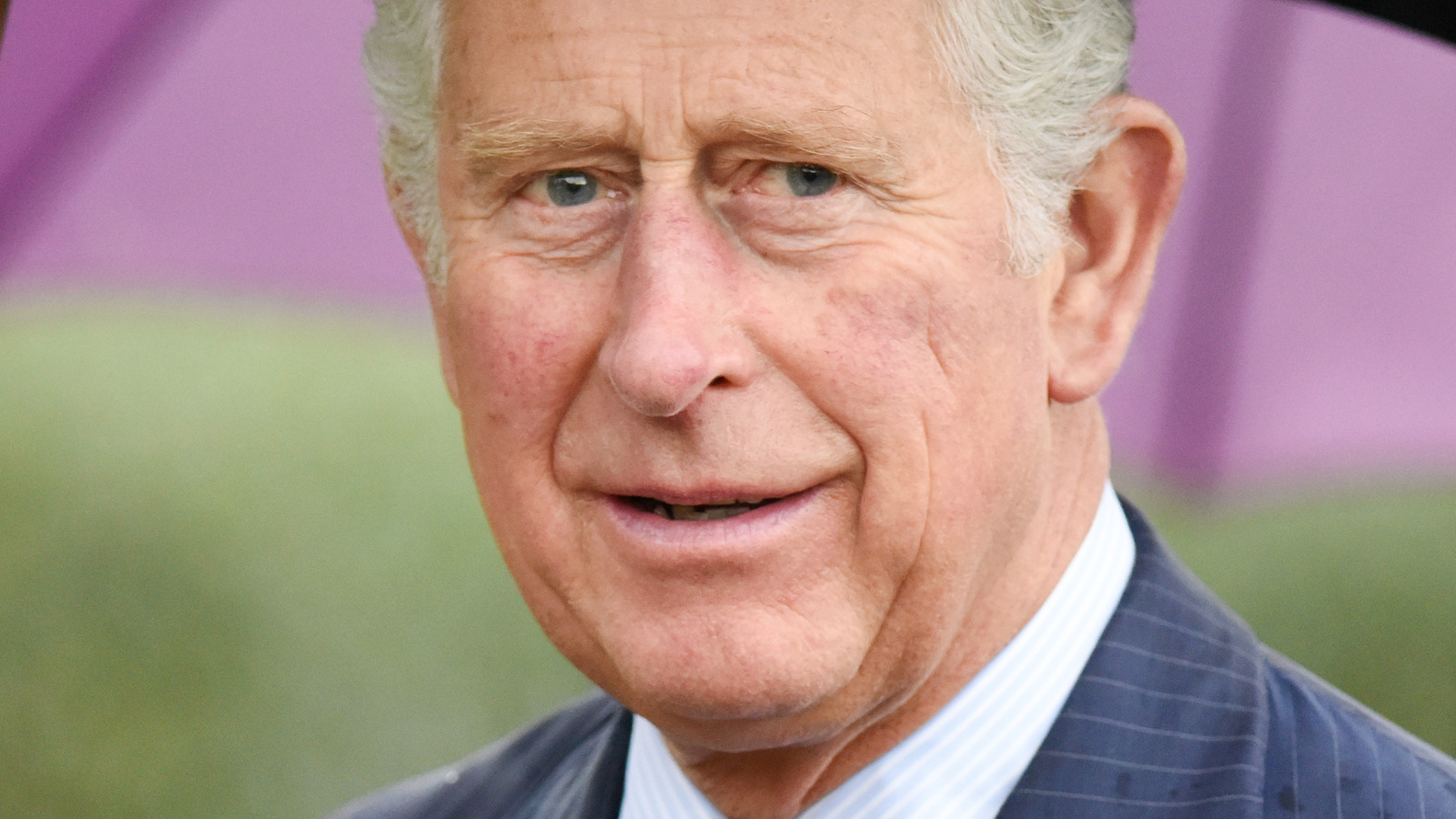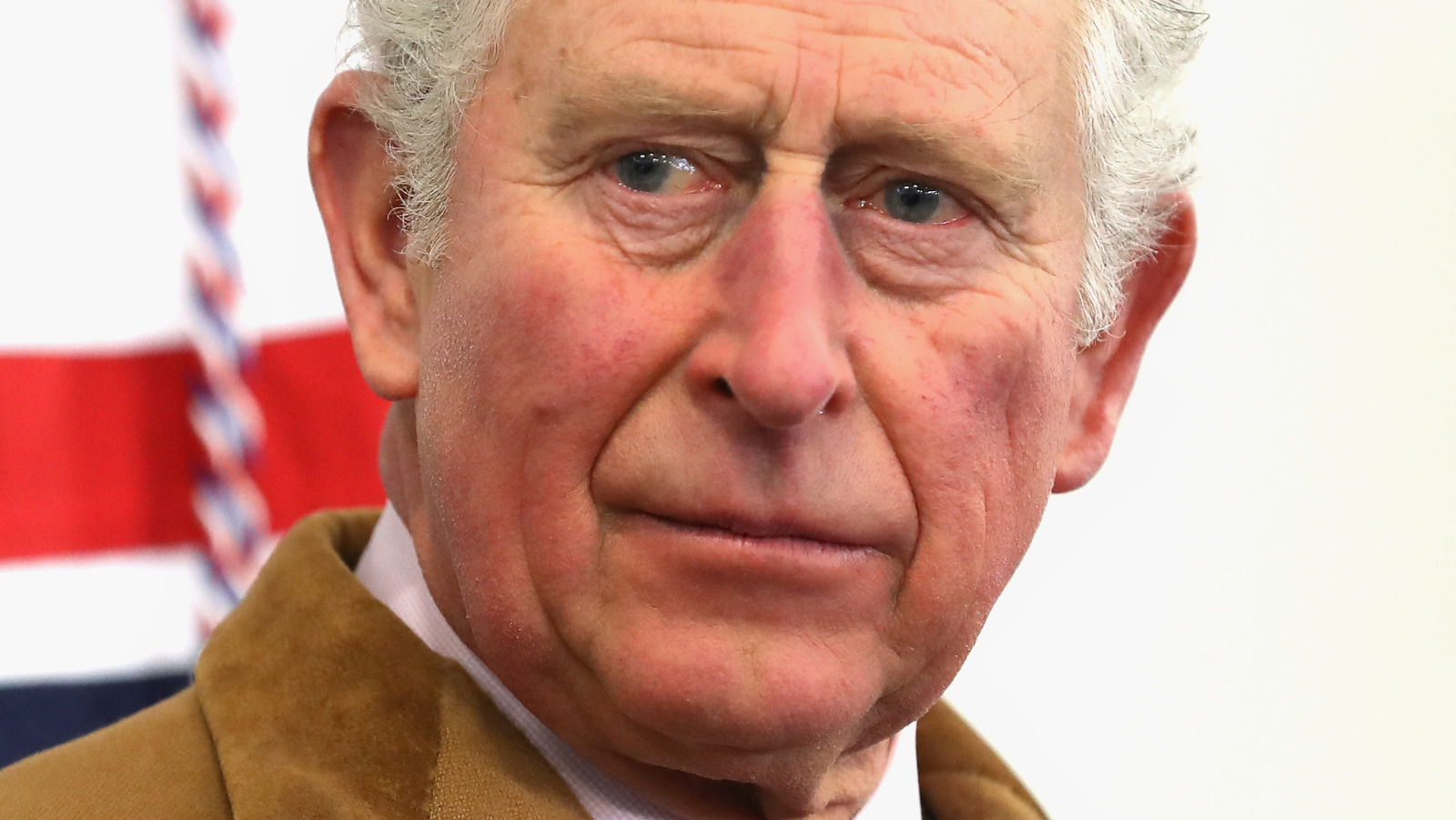King Charles Has Reportedly Decided On Prince Andrew's Future: Unveiling The Royal Decision
King Charles III's decision regarding Prince Andrew's future has captured global attention as the monarchy navigates complex challenges. The British royal family continues to adapt to modern demands while preserving its traditions. As public scrutiny intensifies, the king's resolution aims to restore harmony and stability within the royal household.
The announcement surrounding Prince Andrew's future marks a pivotal moment for the royal family. King Charles, known for his methodical approach, has reportedly reached a definitive conclusion regarding his son's role within the monarchy. This decision comes amid ongoing discussions about the family's public image and the need for transparency.
As the monarchy faces evolving expectations, King Charles III's leadership plays a crucial role in shaping the future of the royal family. This article explores the implications of the king's decision, offering insights into Prince Andrew's potential new role and how it aligns with the monarchy's broader objectives. Join us as we delve into this significant development and its impact on the royal institution.
Read also:Giggy Vanderpump The Ultimate Guide To Her Life Career And Influence
Table of Contents:
- Biography of Prince Andrew
- Current Situation and Challenges
- King Charles' Decision on Prince Andrew's Future
- Potential Role Within the Monarchy
- Public Opinion and Media Reaction
- Historical Context of Royal Family Decisions
- Impact on the Royal Family's Reputation
- Future Directions for Prince Andrew
- Expert Perspectives on the Decision
- Conclusion and Final Thoughts
Biography of Prince Andrew
Early Life and Education
Prince Andrew, Duke of York, was born on February 19, 1960, at Buckingham Palace. As the second son of Queen Elizabeth II and Prince Philip, his early life was shaped by royal traditions and responsibilities. Prince Andrew attended Gordonstoun School, following in the footsteps of his father, before enrolling at the University of Glasgow where he studied for a degree in economics and management sciences.
Professional and Military Career
Prince Andrew pursued a distinguished career in the British Navy, rising to the rank of Commander. His service included active participation in the Falklands War, where he served as a helicopter pilot aboard HMS Invincible. After leaving the military, Prince Andrew became the UK's Special Representative for International Trade and Investment, promoting British business interests globally.
| Full Name | Andrew Albert Christian Edward |
|---|---|
| Birth Date | February 19, 1960 |
| Title | Duke of York |
| Spouse | Sarah, Duchess of York (divorced) |
| Children | Princess Beatrice and Princess Eugenie |
Current Situation and Challenges
Prince Andrew's current situation remains a focal point of public discourse. Recent events have placed him under intense scrutiny, particularly concerning allegations that have affected his public image. The royal family has been working diligently to address these challenges while maintaining the integrity of the monarchy.
Key Challenges Faced
- Legal and public relations issues
- Public perception and media portrayal
- Reintegration into royal duties
King Charles' Decision on Prince Andrew's Future
King Charles III, known for his thoughtful leadership, has reportedly finalized his decision regarding Prince Andrew's future role within the monarchy. This decision aims to balance the need for accountability with the preservation of family unity. The king's approach reflects his commitment to addressing contemporary issues while upholding royal traditions.
Factors Influencing the Decision
Several factors contributed to King Charles' decision, including:
Read also:Brigitte Nielsen Sylvester Stallone The Iconic Hollywood Power Couple
- Public opinion and media influence
- Family dynamics and internal discussions
- Legal considerations and external pressures
Potential Role Within the Monarchy
Prince Andrew's future role within the monarchy is expected to reflect King Charles' vision for a modernized royal family. While specifics remain undisclosed, sources suggest a focus on diplomatic and charitable endeavors. This approach aligns with the monarchy's efforts to engage constructively with global communities.
Proposed Responsibilities
- International diplomacy and goodwill missions
- Support for charitable organizations
- Engagement in educational initiatives
Public Opinion and Media Reaction
Public opinion plays a crucial role in shaping the monarchy's decisions. Recent surveys indicate mixed reactions to Prince Andrew's potential return to royal duties. Media coverage has been extensive, with both supportive and critical perspectives emerging. King Charles' decision seeks to address these concerns while fostering public trust.
Key Media Highlights
Notable publications, including The Guardian and BBC News, have provided in-depth analyses of the situation. Experts emphasize the importance of transparency and accountability in restoring public confidence.
Historical Context of Royal Family Decisions
Throughout history, the British monarchy has faced similar challenges requiring careful navigation. Past decisions, such as King Edward VIII's abdication and Princess Margaret's marriage, demonstrate the complexities of royal family dynamics. King Charles' approach draws from these experiences while adapting to modern contexts.
Lessons from History
- Importance of public support
- Role of media in shaping narratives
- Balance between tradition and innovation
Impact on the Royal Family's Reputation
The decision regarding Prince Andrew's future will significantly impact the royal family's reputation. King Charles' leadership aims to reinforce the monarchy's values while addressing contemporary challenges. This approach aligns with the YMYL (Your Money or Your Life) framework, prioritizing trustworthiness and authority.
Reputation Management Strategies
- Enhanced transparency in decision-making
- Engagement with diverse audiences
- Focus on positive contributions
Future Directions for Prince Andrew
Looking ahead, Prince Andrew's role within the monarchy may evolve based on ongoing developments. King Charles' decision provides a foundation for future engagement, emphasizing constructive contributions. This approach aligns with the monarchy's broader objectives of fostering positive relationships with global communities.
Possible Future Engagements
- International trade missions
- Charitable ambassadorship
- Support for youth initiatives
Expert Perspectives on the Decision
Renowned royal experts have weighed in on King Charles' decision, offering valuable insights. Professor Robert Lacey, a noted royal historian, highlights the significance of balancing tradition with modern demands. Similarly, royal correspondent Richard Fitzwilliams emphasizes the importance of maintaining public trust.
Key Expert Insights
- Importance of accountability in royal decisions
- Role of public engagement in reputation management
- Strategic considerations for future engagements
Conclusion and Final Thoughts
In conclusion, King Charles' decision regarding Prince Andrew's future represents a pivotal moment for the monarchy. This decision reflects the king's commitment to addressing contemporary challenges while preserving royal traditions. As the royal family continues to evolve, its ability to engage positively with global audiences remains essential.
We invite you to share your thoughts and engage in discussions about this significant development. Your feedback contributes to a deeper understanding of the monarchy's evolving role in modern society. Explore additional articles on our platform for further insights into the royal family and its impact on global affairs.


